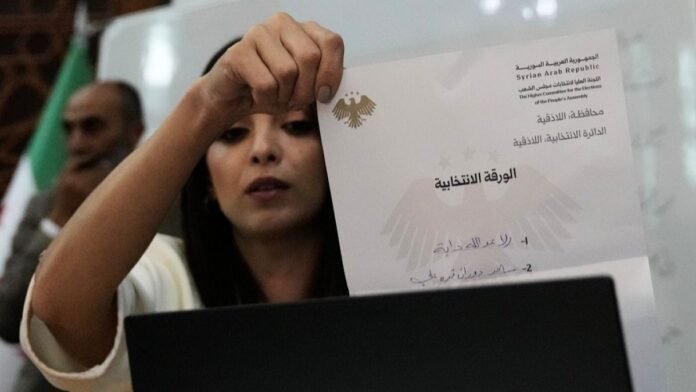Syria has held its first parliamentary election since the ouster of former President Bashar al‑Assad, a move that many see as a landmark step toward a freer political system.
The vote, carried out on Sunday across the country, involved an electoral college rather than a direct, nationwide ballot. About 7,000 registered voters gathered in local polling stations, put their ballots in a sealed box, and watched the votes count in front of journalists and members of the Syrian bar. Ahmed al‑Sharaa, the incumbent president, will appoint 70 of the 210 seats in the new People’s Assembly. The remaining 140 seats will be filled by sub‑committees that a top 11‑person Supreme Committee, also chosen by al‑Sharaa, will oversee.
Why no direct vote? Officials say Iraq‑blended challenges – a lack of reliable census data after millions fled the country during a 14‑year war – make a nationwide ballot risky. Elections were postponed in Sweida province and in Kurdish‑led SDF‑controlled areas because of local tensions, but elections went ahead in cities like Damascus and Latakia.
Key to the new assembly is a mix of expertise and community standing. Roughly 70 % of the MPs must be academics or experts, while 30 % must be “notable” community members holding an academic degree. This design aims to bring skilled voices into Syria’s new politics.
The results will decide a new constitution and an elections law that could pave the way for the first direct vote by ordinary Syrians. Critics warn that the current system may favor well‑connected candidates and consolidate power within the interim government. In Damascus alone, 490 candidates vied for 10 seats, yet only 500 voters in the electoral college had a say.
Some voters see the election as progress. Lara Eezouki, a member of the national elections committee, said the ballot rolled in representatives from all sects and groups – “for the first time in Syria’s history, the ballot boxes truly rule when the results are not prearranged.” Legal experts, like Rim Yajizi, echo the sentiment, pointing to a level of freedom and debate unseen before.
In Latakia, a former al‑Assad stronghold, three Sunni candidates won seats, a sign that change is moving into traditionally loyal areas. Former resident Rola Daya, of the new legislature, caution that internal tensions will linger and that transitional justice is needed to heal lingering wounds from the recent sectarian attacks on Alawite civilians along the Mediterranean coast.
Overall, Syria’s new parliamentary election marks a historic break from a more than 50‑year dynasty of Bashar and his father Hafez al‑Assad. Syrians now look to the new government to deliver future direct elections, lift the economy from war‑time damage, and build a bridge toward a free, democratic future.
Stay informed on all the latest news, real-time breaking news updates, and follow all the important headlines in world News on Latest NewsX. Follow us on social media Facebook, Twitter(X), Gettr and subscribe our Youtube Channel.



